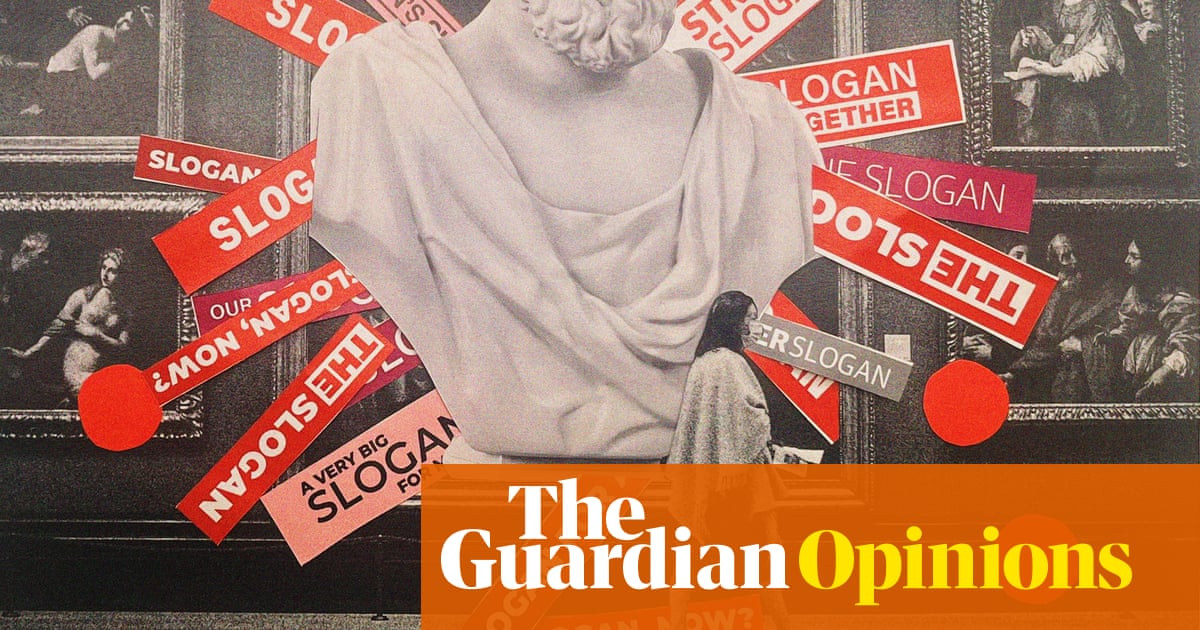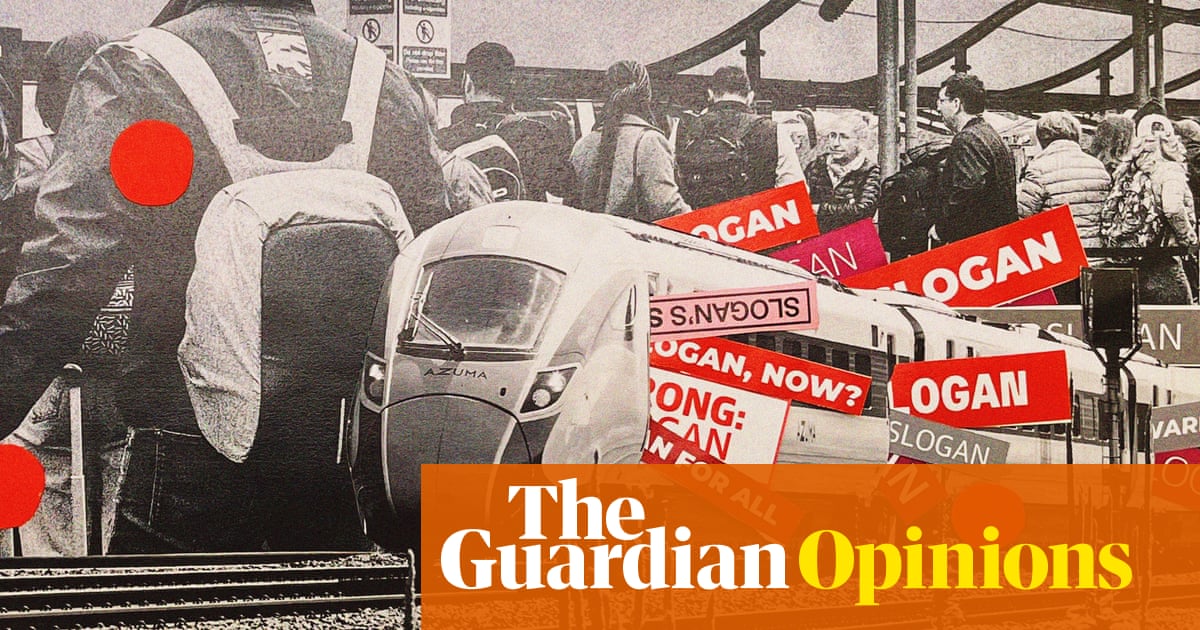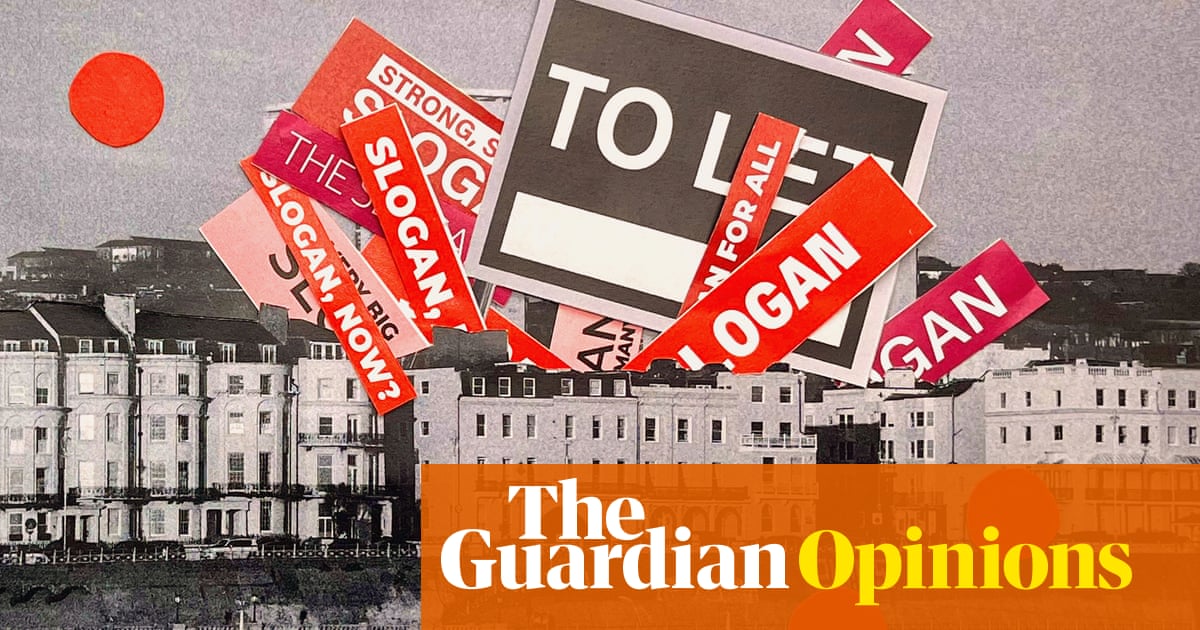
The arts are one of Britain’s strongest suits. Music, theatre, museums and art, literature, the screen industry – all are fundamental to the way the country is seen overseas, and of profound importance to citizens’ quality of life. A confident cultural scene makes a city, town or region a better place to live, stimulates the economy, and acts as a resource for people’s delight, education and health. The problem is that over the past 14 years, England has been cutting off this huge resource at the root. (So have, to a greater or lesser extent, the devolved administrations, but that is another story less relevant to an incoming Westminster parliamentary minister.)
Central government and local authority funding for the arts has collapsed, and access to culture has been downgraded in schools. That blocks pathways for those who could become the artists of the future, and for those who could become engaged, enriched audiences, too. In short: inequality of access to the arts – and therefore social and educational inequality – is being baked into the structure of Britain.
The Tories have been weaponising the arts for their own purposes in the culture wars – an incredibly cynical and damaging thing to do, needlessly pulling arts organisations into enervating, debilitating rows as they fend off accusations of “wokery”. Labour’s first easy (and free) win would be to talk proudly about arts and culture – and especially the biggest cultural powerhouse the country possesses, the BBC. That would be a good start. But in the longer term, here are the more concrete matters it should focus on.
1. Fix local authority funding
Since 2010 and George Osborne’s austerity cuts to local public services, it has been absolutely clear that the cost of social care and other statutory local authority duties would rise, that funding to local authorities would sink dramatically – and that the arts, through local theatres, museums, orchestras, arts centres and libraries, would become a serious victim of these converging forces. This has come home to roost, with, for example, Birmingham planning to cut its funding of the city’s arts organisations by 100%, and devastating cuts on the way for Nottingham.
On the other hand, some councils continue to invest, creating a wildly uneven picture across England, and a postcode lottery for the public. Civic spaces such as museums and theatres are looking shabby and sad (there is a truly shocking and shaming disparity between local museums in Britain and their spruce, well-cared-for counterparts in Germany or Spain). Labour needs to gather data on this disparate picture, so that the inequalities between areas are crystal clear: it then needs to find a modern, low-carbon policy for local and regional arts institutions that is as bold as its museums-boosting Renaissance in the Regions programme 20 years ago.
It will take money – but tiny amounts by comparison with other areas of government spending, and the benefits will be invaluable for a sense of community and civic pride, and for the creative and intellectual opportunities available to citizens. Alongside this, it should exploit the many possibilities of social prescribing, through which arts and culture are actively used as tools for improving health and wellbeing by the NHS.
2. Fix arts in schools
The Tories’ obsession with Stem subjects has seen the arts slip away from curriculums – though it is quite ironic that elite private schools sell themselves on the brilliance of their arts facilities. Reform the curriculum to put cultural subjects back into timetables: aside from their intrinsic benefits, they promote creative thinking, problem-solving, confidence, critical thinking, communication skills and wellbeing. Commit to giving teachers the considerable time and resources it takes to make sure children regularly go on a trip to a museum or performance. Improve provision of cheap instrument lessons. Inspire children, stimulate their curiosity, and help them become better, more fulfilled – and more productive – future citizens. This is an essential long-term investment and absolutely key to helping fix Britain’s inequality problem.
3. Halt the privatisation of the arts
The notion, begun by Jeremy Hunt when he was culture secretary, that the UK could become akin to the US in terms of philanthropy was always a fantasy. The UK simply doesn’t have as many rich people as the US, and lacks the kind of tax benefits that could turn on more philanthropic taps. The wealthy are also overwhelmingly concentrated in the south-east of England.
Under the previous Labour government, the arts had settled into a pretty good funding system: a third from the public purse, a third from box office sales, a third from philanthropy or sponsorship. That prevented the balance of power shifting away from ordinary people to rich benefactors, and kept the arts properly accountable.
Now arts organisations are forced to fundraise aggressively, but this puts them in an untenable bind: it is incredibly hard to do, and money from private sources is coming under increasing scrutiny, whether it arrives from investment firms such as Baillie Gifford, billionaires such as the Bet365 owner Denise Coates, BP, or the Sackler family. Accept that public funding of the arts is a duty – something that is not in contention in France, Germany and many other European countries. Admit that it is, in terms of overall public spending, infinitesimally cheap.
Charlotte Higgins is the Guardian’s chief culture writer












